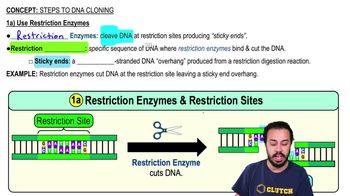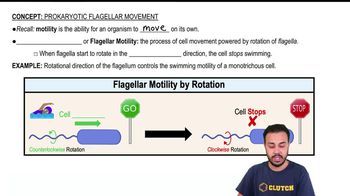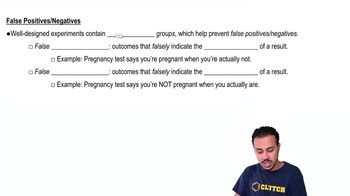Textbook Question
A DNA microarray consists of __________ .
a. a series of clones containing the entire genome of a microbe
b. recombinant microbial cells
c. restriction enzyme fragments of DNA molecules
d. single-stranded DNA localized on a substrate
37
views




